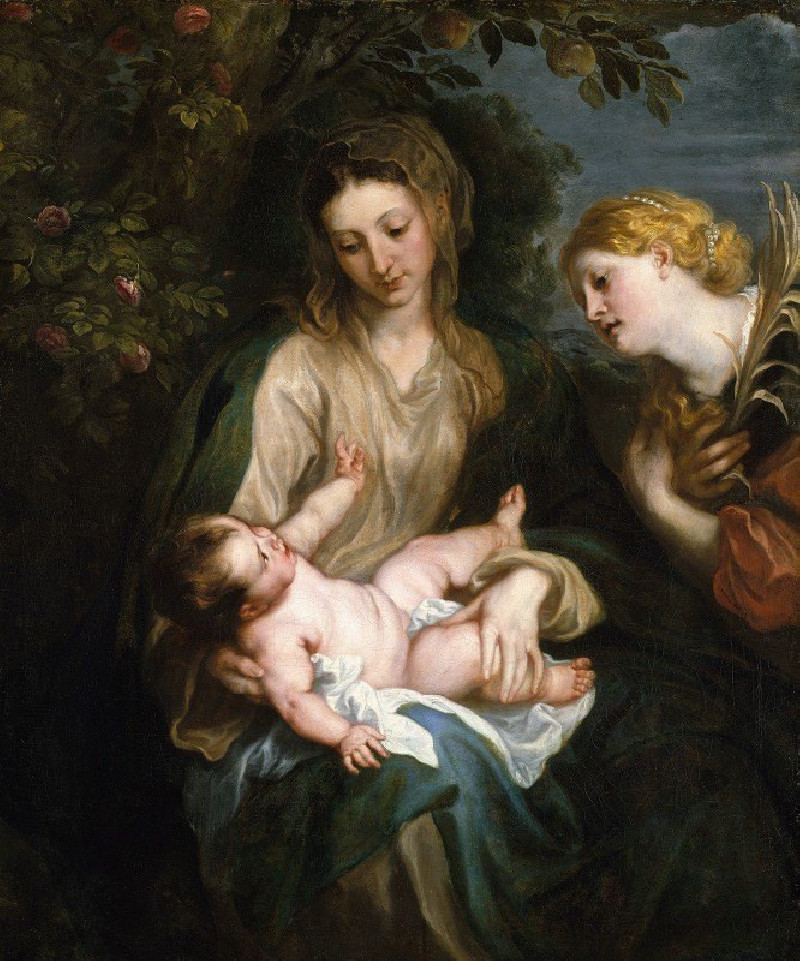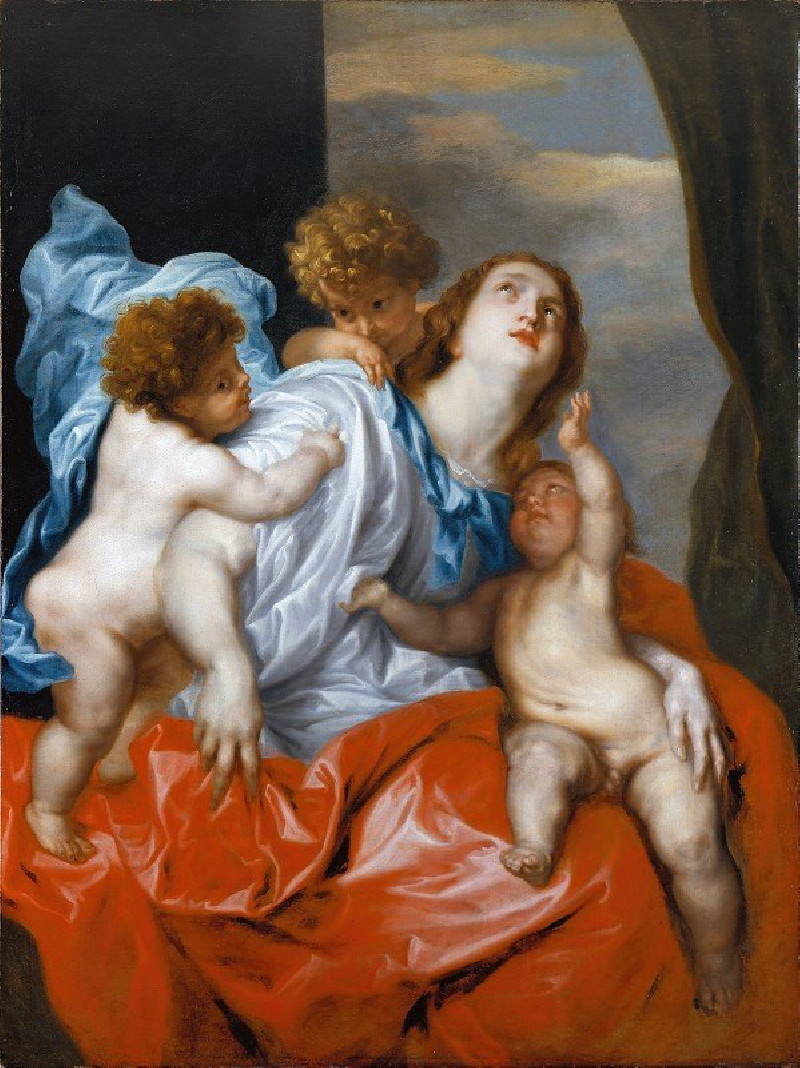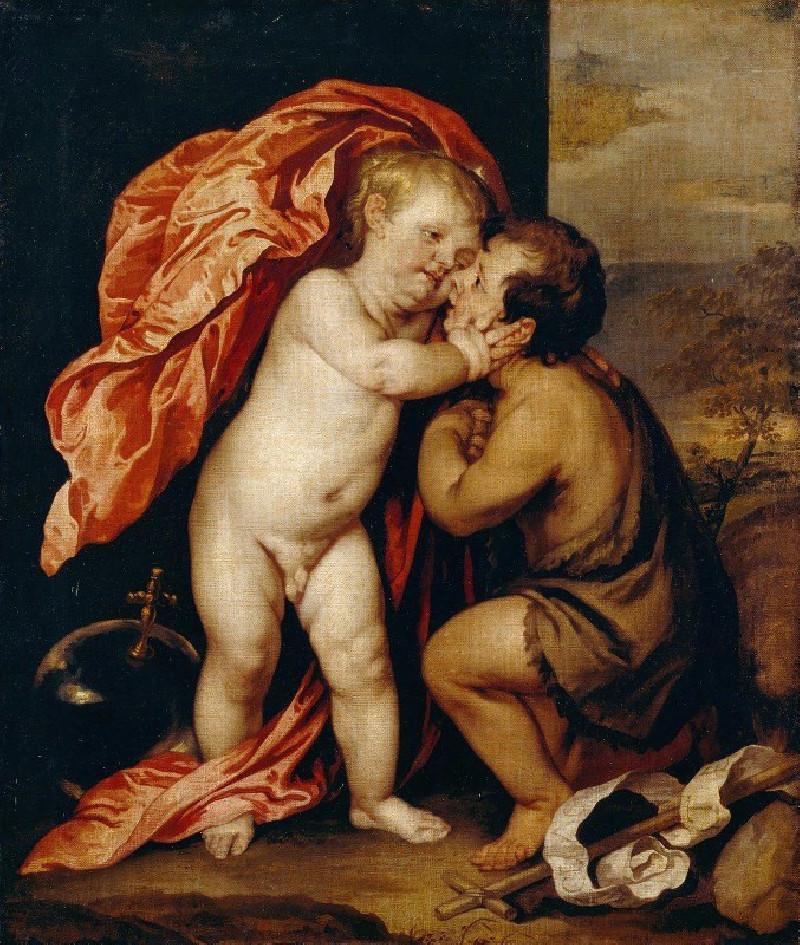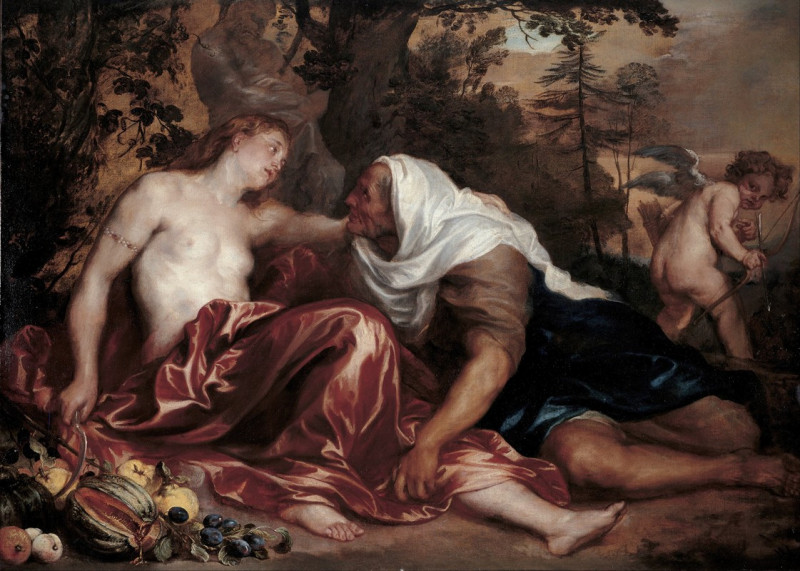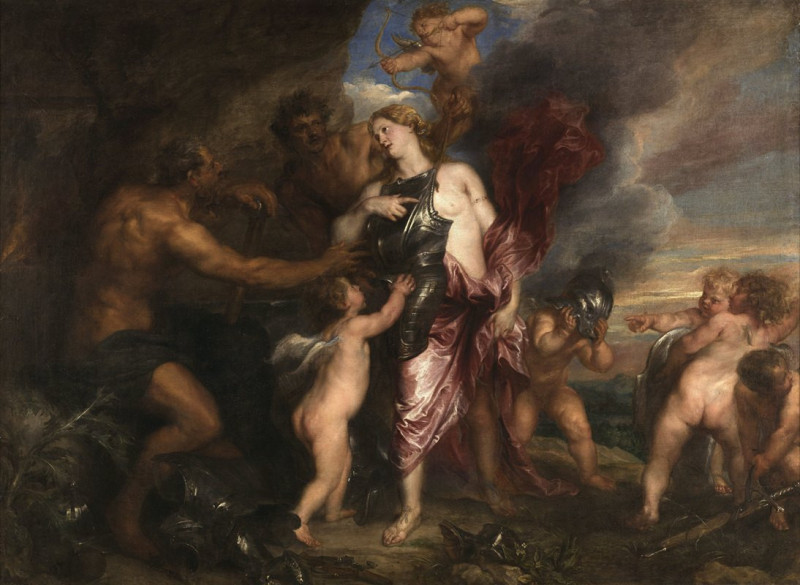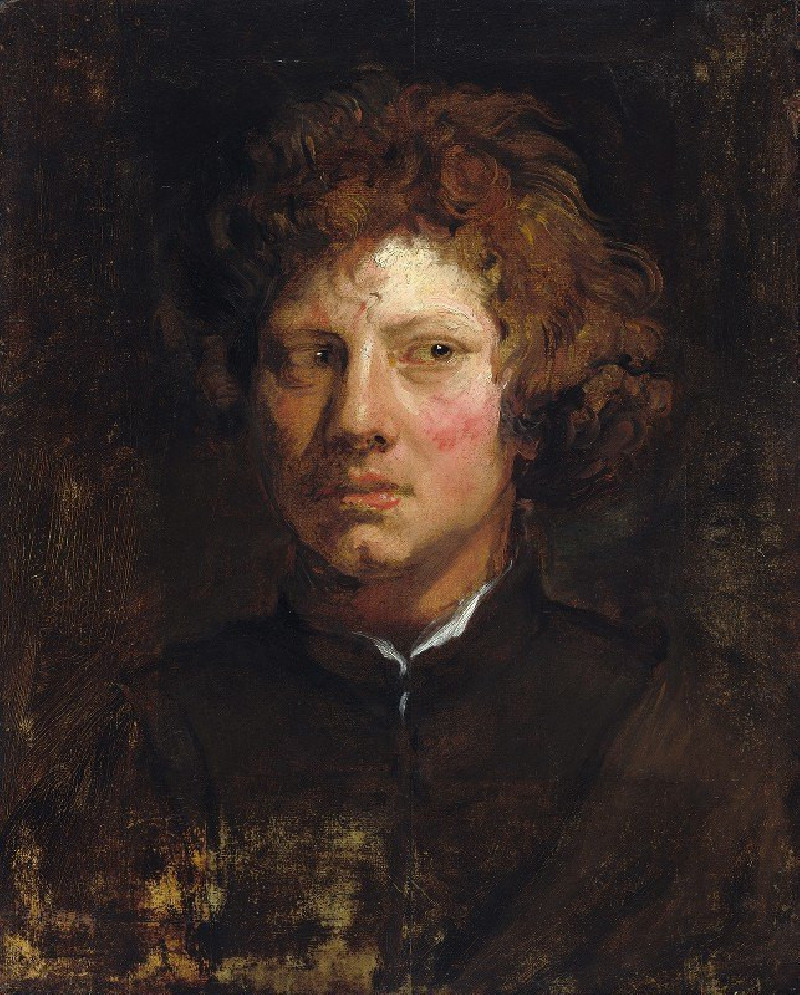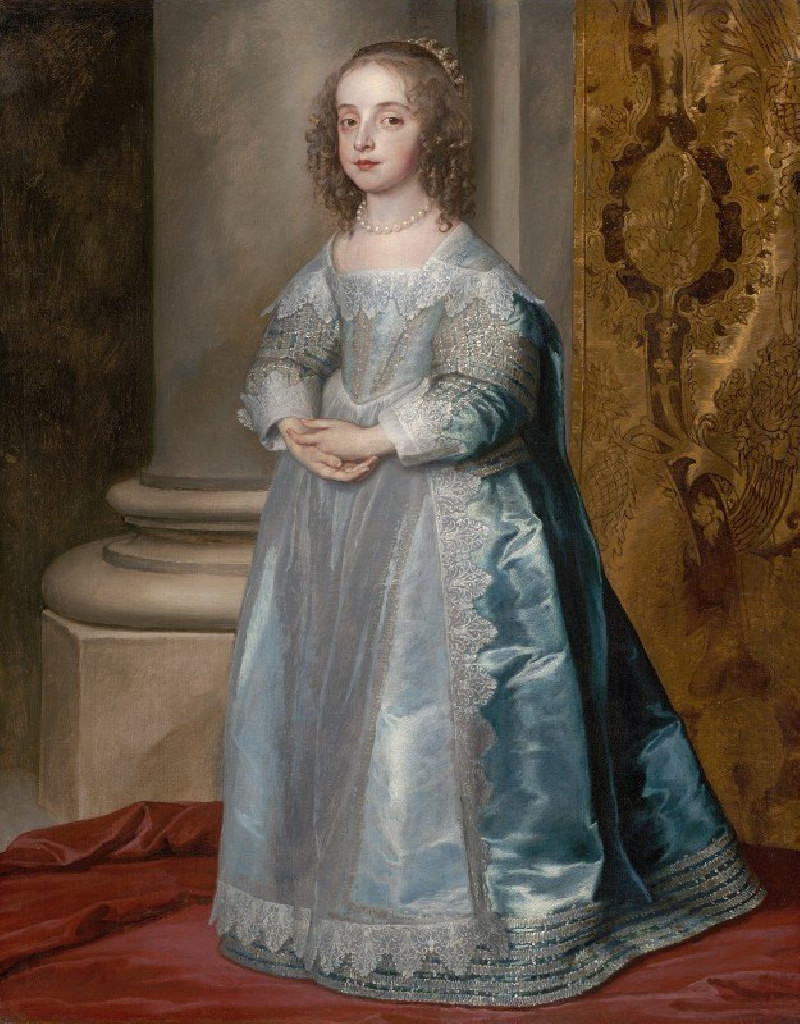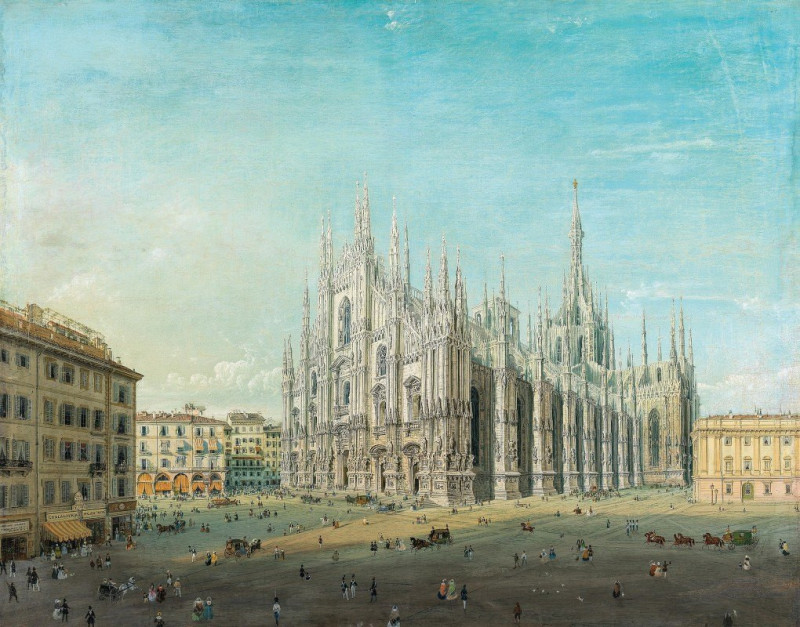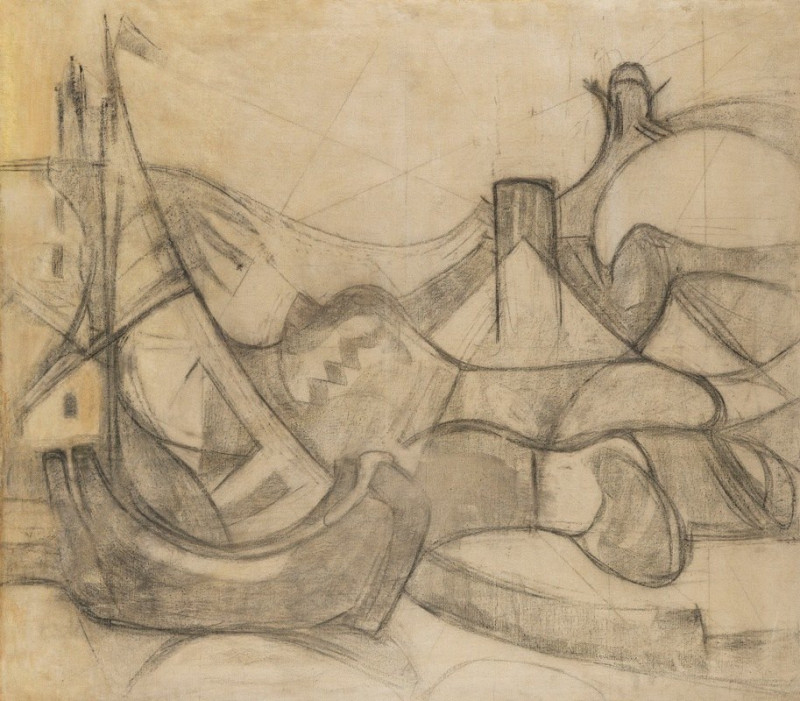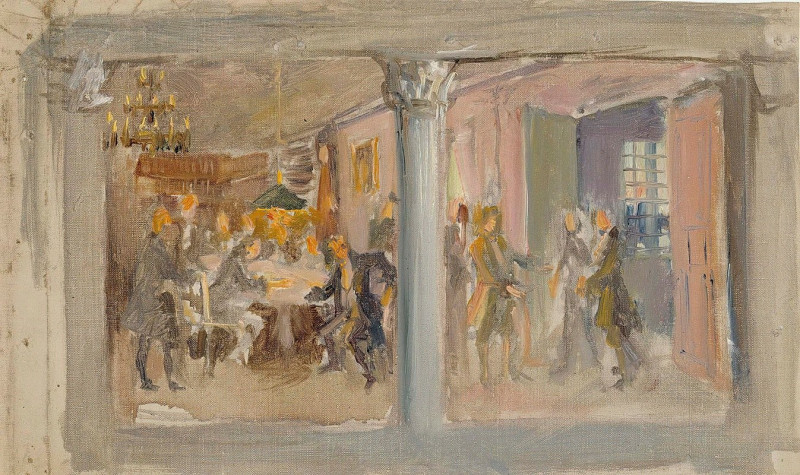Portrait of Hendrick van Balen (1627–1632)
More about this artwork
Delivery
Reproductions are made to order and take 5 to 7 working days.
We send them out by courier and delivery takes another two working days.
If you need a reproduction sooner, please contact us - we can usually find a solution and produce it a little faster.
If you don't want to pay for postage, you can pick up your paintings at our galleries in Kaunas or Vilnius.
Returns
Yes, reproductions can be returned.
If you have any doubts more than 30 days after the date of purchase, please contact us - we will take the reproduction back for a refund or offer you a replacement!
We accept a maximum of two returns per customer - please note that we make reproductions to order, so please choose responsibly.
We do not refund shipping expenses.
Sir Anthony van Dyck (1599 – 1641) was a Flemish Baroque artist who became the leading court painter in England after success in the Spanish Netherlands and Italy.
The seventh child of Frans van Dyck, a wealthy Antwerp silk merchant, Anthony painted from an early age. He was successful as an independent painter in his late teens, and became a master in the Antwerp guild in 1618. By this time he was working in the studio of the leading northern painter of the day, Peter Paul Rubens, who became a major influence on his work.











